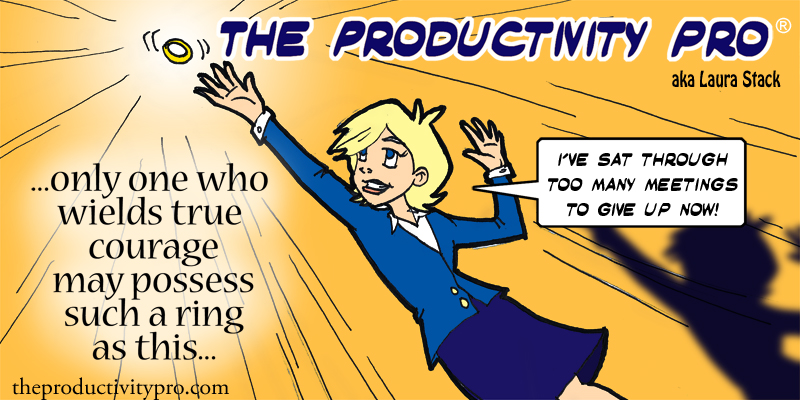
“I always felt that I hadn’t achieved what I wanted to achieve. I always felt I could get better. That’s the whole incentive.”— Dame Virginia Wade, OBE, British former professional tennis player
Incentivization may be a buzzword in business circles, but it’s a buzzword for good reasons. Researchers have known for years that most employees aren’t fully engaged with their work; some never engage at all. Even the best of us sometimes see our jobs as little more than guaranteed paychecks—a means to the end of a comfortable lifestyle or, in more troubled times, fiscal survival.
Hence the need for motivators not to just do better work, but to bother to work hard at all. Motivation has always been a prime worry of management, and will continue to be for the foreseeable future. (← click to tweet) User-friendly technology and social factors have made it more likely than ever that unhappy or dissatisfied workers will cut themselves free of the traditional corporate structures for the greener, if less certain, pastures of self-employment.
Extrinsic, Intrinsic
Workplace motivation comes in two basic flavors: extrinsic and intrinsic. Extrinsic motivators include perks (parking spots, corner offices, cubicle doors) and financial stimuli like bonuses, raises, and promotions. Intrinsic motivators come from within: pride for a job well-done, happiness at positive feedback, ambition, a drive to be the best. Intrinsic motivation often beats out the extrinsic. Even better, it’s free—and there are no finite resources involved.
Sometimes the best motivation comes from your own selfish impulses. If you promise yourself a walk around your building once you get a quality report on your supervisor’s desk, then you have a compelling reason to work your way through any difficulties or reluctance to perform and get that thing done.
Ideally, the ramifications of failing to do your work would push you into getting it done—but procrastination and negative self-talk often raise their ugly heads. If you’re having a hard time overcoming your Motivational Deficit Disorder, or just can’t seem to get the traction you need to excel, consider these ways to convince yourself to power toward the 100th percentile.
1. Gamify your work. Originally a concept used in marketing, gamification involves rewarding yourself for doing the hard things. One way is to give yourself points for important tasks, which you can then trade in for a mani-pedi, your favorite craft beer, or a golf game once you’ve accumulated enough. The more important or higher priority the task, the more points you get. Or, you can simply do as I suggested before, and promise yourself a one-time treat for completing something crucial (like chocolate). ☺
2. Adopt a mantra. Find a favorite saying to help keep you going, and repeat it when you’re down. Walt Disney’s favorite was “Keep moving forward.” Responsibility for your performance rests fully on your shoulders, so you might tell yourself, “If it’s to be, it’s up to me.” In the animated movie Finding Nemo, Nemo’s friend Dory sings, “Just keep swimming!” Find something that works for you, and make it a mantra.
3. One step at a time. When you’re snowed under and have no idea how you’re going to get going, much less maintain your high level of performance—well, just start. Do something easy, even if it’s just a baby step. Hopefully, you’ll soon get into gear. You can’t always eat the frog first, even when you need to.
4. Make yourself happy. Buy yourself some flowers. Take a nice walk. Listen to an upbeat playlist. Smile. Treat yourself to your favorite coffee or a dessert. Think: What can you do to elevate your mood? Find ways to boost your happiness and cheer yourself up, even when you want to stew in despair or anger. Happy people work harder and don’t let obstacles stop them as easily.
Bing, Bang, Boom
We all get sick of work, have bad days, and just don’t see the point of striving sometimes. But if you want to maximize your productivity, you can’t let momentary moods slow you down. If you can’t engage, look for reasons to make yourself engage. If your leadership has rewarded you with a promotion or bonus for your great work, or to get you to do great work, think about that and give them what you owe them. Even if they haven’t, find internal ways to step up to the plate and knock a homer. If it’s to be, it’s up to thee.
© 2016 Laura Stack. Laura Stack, MBA, CSP, CPAE is an award-winning keynote speaker, bestselling author, and noted authority on employee and team productivity. She is the president of The Productivity Pro, Inc., a company dedicated to helping leaders increase workplace performance in high-stress environments. Stack has authored seven books, including Doing the Right Things Right: How the Effective Executive Spends Time (January 18, 2016). She is a past president of the National Speakers Association, and in 2015 was inducted into its exclusive Speaker Hall of Fame (with fewer than 175 members worldwide). Stack’s clients include Cisco Systems, Wal-Mart, and Bank of America, and she has been featured on the CBS Early Show and CNN, and in the New York Times. To have Laura Stack speak at your next event, call 303-471-7401 or visit her website.



Great post Laura, many thanks for sharing it with us. – Barry.
Thanks Barry! 🙂